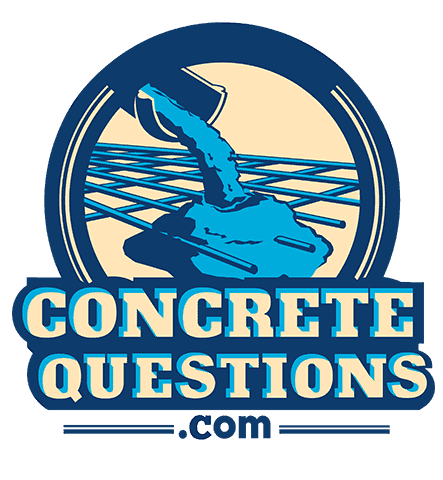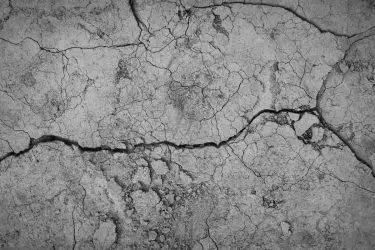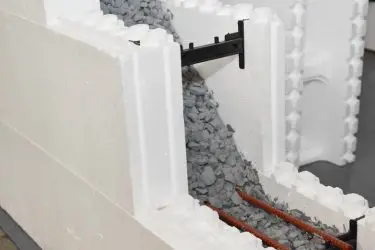Imagine you’ve recently installed concrete in a recent project, such as in the garage or the backyard porch. Chances are, you think you’re finished and don’t need to go any further with the concrete. Most people don’t know or understand that concrete needs to be sealed after it’s been installed.
After the concrete has been installed, it does need to be sealed to protect it from future damage, corrosion, or blemishes. Because concrete is porous, it tends to absorb water and other corroding substances. Sealing closes up pores and prevents any future freeze/thaw damage to the concrete.
There are many questions you might have about cement sealing. Below is a list of details to help you stay informed.
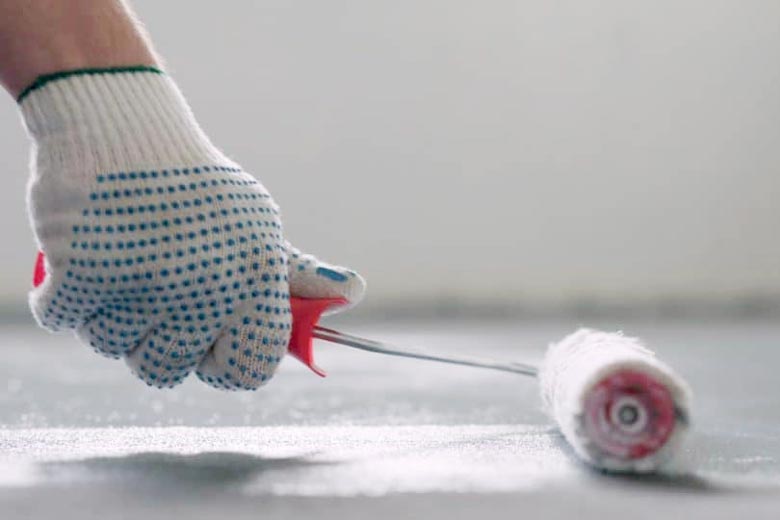
Table of Contents
What is a concrete sealer?
Concrete sealers can be resin-based, epoxy or polyurethane, or penetrating. These are chemicals you apply to your concrete after you have finished it and after it has hardened. These protect and prolong the life of your cement, but not all sealers are created equally.
Acrylic resin-based
The resin-based sealers are water-based, affordable, and easy to apply to your finished concrete. They also might be blended with epoxy, polyurethane, and other bases to enhance durability.
There are two types of acrylic resin-based sealers: Styrene Acrylic and Pure or “Virgin” Acrylic Resin. Styrene is both a cure and a sealer for concrete because it resists moisture as you’re curing the concrete. It tends to have a lower performance. Pure acrylic resin is the higher-performance sealer that doesn’t contain any styrene or other additives. It can last longer than styrene acrylic sealers.
The lifespan of these sealers can be anywhere between 1-5 years or more, depending on the performance.
Epoxy or polyurethane
Epoxy and polyurethane sealers are typically the more premium and high performing sealers. They boost the life span of the concrete and are more expensive than acrylic resin-based sealers.
These types of sealers are used for heavy-duty purposes, resisting wear and tear. For example, applying them to factory or store floors where there is high foot traffic. Some water-based versions of this sealer can also be used safely on concrete countertops.
Despite all this, these epoxy or polyurethane sealers tend to have thick layers and can result in slippery concrete. The lifespan of these sealers can be anywhere between 1-5 years or more, depending on the performance.
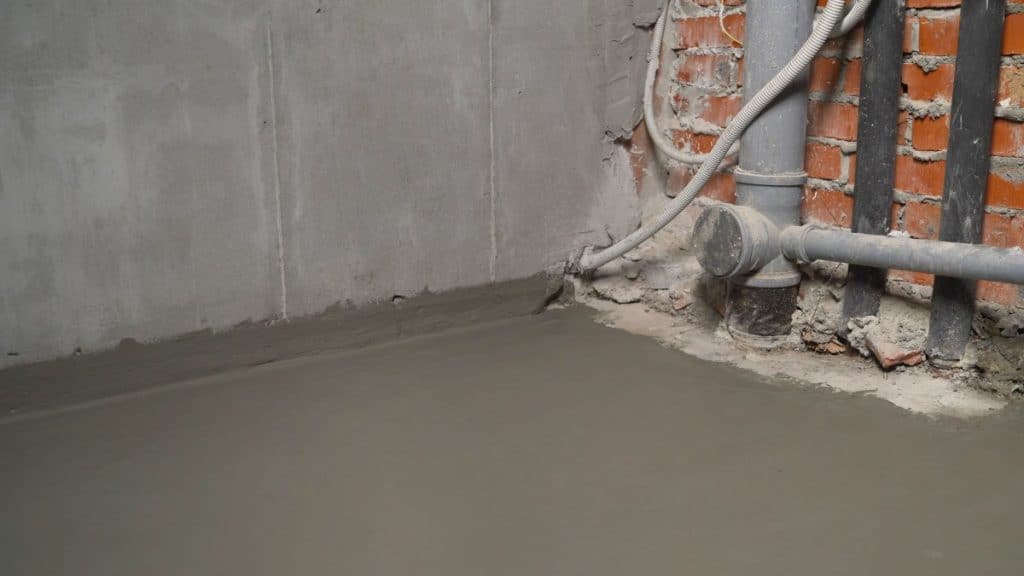
Penetrating
The penetrating sealers are made from various resins:
- Silane
- Silicates
- Siliconates
- Siloxane
These sealers are all labeled “penetrating” sealers because they penetrate into the concrete and form a barrier that blocks out impurities and pollutants that can erode away or stain your concrete. They can be applied to damp or dry surfaces. The life span of these sealers can be 5 years or more and are very durable.
Why do you seal concrete?
Many people wonder why it’s important to seal concrete. For one, concrete is an investment. It doesn’t matter where it’s laid, whether it be for a home or a department store. It is wise to protect your investments so that it doesn’t end up costing you in the future.
Sealing your concrete has aesthetic appeal. Some concrete sealers may darken the concrete. Acrylic resin-based sealers create a sort of “wet look” that can make the concrete look fresh and new. Some people may enjoy it, but others may not. Some “wet-look” sealers can color the concrete as well as seal it.
Most sealers are available with varying levels of gloss:
- Solvent-based sealers give the concrete a high gloss surface.
- Water-based sealers give a semi-gloss or “matte” surface.
- Penetrating sealers give a low- or no-gloss surface.
Reapplying sealers every couple of years will drastically prolong the life of your concrete. For example, the concrete in your garage may be subjected to a lot of abuse on a daily basis. Everything bombards it from rocks to oil to tire tracks. Not to mention water/freeze/thaw damage. A sealer can protect your concrete from all these things.
Some sealers can also make your concrete less susceptible to concrete sweating.
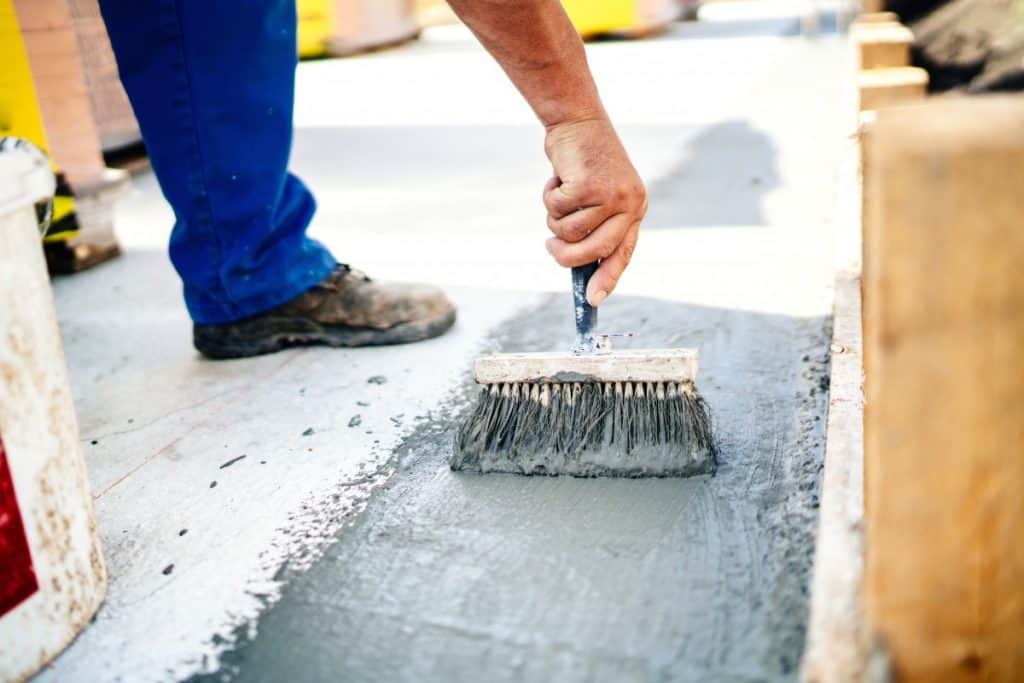
When should you apply the sealer?
The best time to use a sealer to protect your concrete is just after it has finished curing. Curing usually takes about 28 days. Once the curing process is finished, apply the appropriate sealer to the concrete surface. Make sure the air and surface temperatures are above 50°F during and after the application process.
The sealer can be applied to both interior and exterior concrete. Using a water-based sealer is safer for countertops where there will be lots of food and hands.
How to seal concrete?
Instructions for applying a sealer to a concrete surface are listed below. As always, take precautions such as wearing goggles, gloves, and ventilating the area if it’s indoors. Also, before doing this by yourself, consider hiring a contractor to do it for you as applying sealer can be more difficult than it may seem.
- Clean the surface of the concrete thoroughly with a broom or other cleaning tools. Most sealers require it to be dry rather than damp.
- Remove any oil or grease. If there are any stains on old concrete, they will show through the new sealer. (Here’s how to remove oil stains from a concrete driveway)
- Fill in any cracks before applying.
- Remove any old sealer.
- Apply the first coat of the new sealer to the concrete. Wait for it to dry.
- Apply the second coat to the concrete. Make sure they are thin coats and that you move in the opposite direction for the second coat.
For more detailed instructions you should read our guide How to Seal Concrete in 7 Easy Steps.
Best Concrete Sealers
Concrete sealers protect your concrete and prolong its life for many years. There is no one answer for which concrete sealer is the best. You must take the information provided to you here and make the correct decision depending on the type of project you’re working on and what your abilities are.
Here are three of the best sealers out there available on Amazon. They should also be available anywhere concrete is sold:
Overall, concrete needs to be sealed in order to protect it from damage and staining. It’s a wise investment for anyone from homeowners to department store owners, for use on concrete that gets used a lot. It will be an investment you won’t regret.
